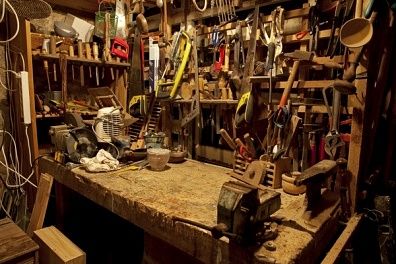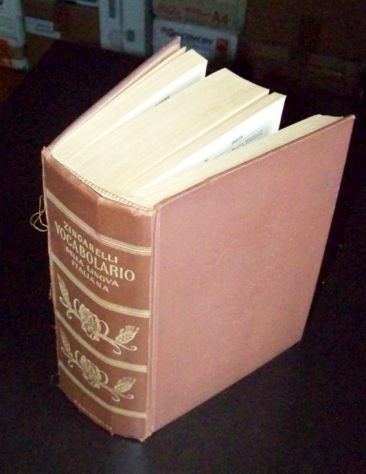One of my earliest memories as a toddler is a much smaller version of me watching my grandfather pottering around in his dark and dusty workshop in a small village in the Dolomites. My grandfather, whom I’m told I resemble a great deal, passed away when I was still a toddler. It was perhaps because of his passing and because the workshop was barely lit that I would seldom venture alone into that room afterward.
Yet it was a fascinating place. Filled with old tools, wickerwork and junk that could hardly be discerned, the workshop piqued my curiosity and fired up my imagination. My buoyant hopes of finding some precious trove of toys left behind by my older cousins would fly in the face of my fear of mice and other formidable creatures that supposedly inhabited that room, but were invariably wrecked by the discovery of more outdated contraptions.
Many decades have passed since that day in the workshop when my grandfather skillfully repaired a wooden toy for my sister as I watched on, crouching in awe.

For some inexplicable reason, however, that dank room stuck with me over the years and, by some irrational association, has come to stand for some of the unused and obsolescent words found in my Zingarelli Italian dictionary. Verbal tools that seem to have lost their role in the language. Some are beautiful, but are not easily handled by somewhat disdainful Italian speakers because they are perceived either as obsolete or obscure in meaning.
Leafing through a Zingarelli dictionary ( I have two, one published in 1954 and one dating from 2004), one has the feeling of visiting a cemetery. Dotted with daggers, which look awfully like crosses, the pages label the words quite judgmentally, deciding which ones ought to be used and which ones are best left in their lexical graves. But are words really ever dead? Can they be brought back to life?


I have therefore taken it upon myself to compare my two editions of the Zingarelli dictionary to see which words have been lost over a fifty-year span. Here are a few examples from the letter M: maccianghero; magaluffo; manzana; magogo; mostrice; mitera; marisco; melope; misperare; murcido. Interestingly, some of these words could still be used today. For instance, murcido, meaning slothful, has since fallen by the wayside for reasons we are not privy to. It’s not difficult to pronounce and, as an adjective, I’m sure it could creep back into the language quite effortlessly.
The same fate has befallen my grandfather’s workshop tools, left gathering dust for decades. They’re still there, though. Still in the same place he left them before he died. And I suppose they could still be used if anyone cared to.
